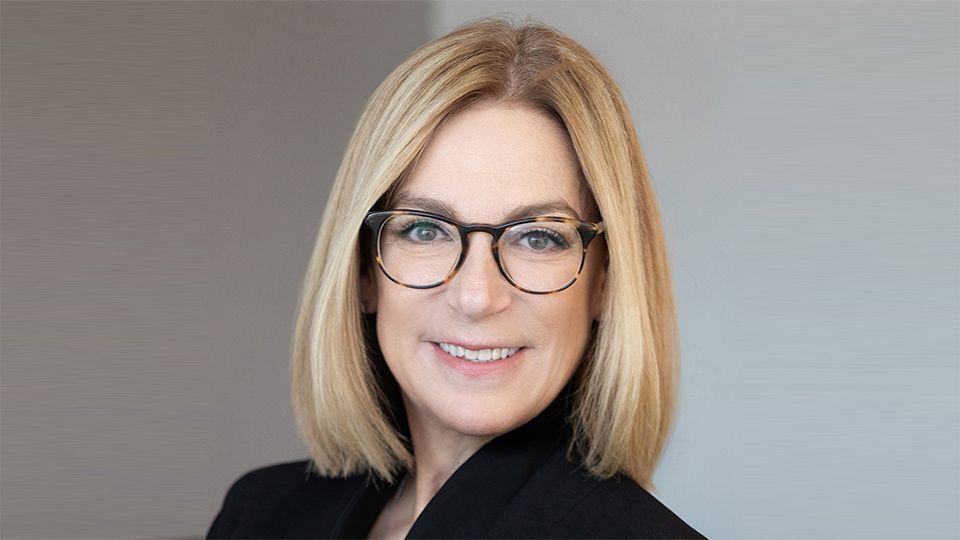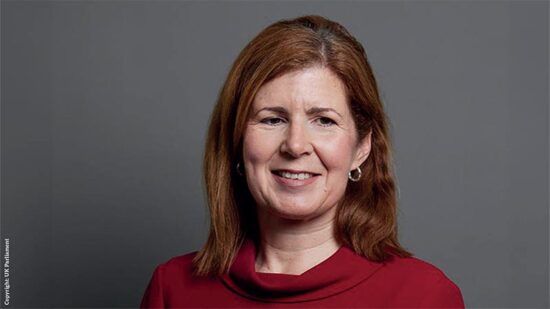Imagine, everyone has what they need to thrive. Every worker has dignity, respect, fair wages, and safety. It’s a beautiful idea. As investors, we can contribute to making this dream a reality.
Worker-driven social responsibility (WSR) was developed as a response to corporate social responsibility. Corporations have the responsibility to respect human rights, which applies to workers in global supply chains.
Companies often adopt human rights policies with voluntary commitments. In practice, the protections this affords to workers in the supply chain are not always evident. Instead, the founders of the WSR model believe that real responsibility comes when workers are at the center. This begins when workers define the standards, know their rights, and there is regular monitoring able to enforce the standards through a binding commitment from companies.
WSR
The WSR model was started by the Coalition of Immokalee Workers, a human rights group organizing tomato farmworkers in Florida, in 2011. The tomato fields in Florida were rife with abuses, including sexual harassment, physical and verbal abuse, wage theft, and forced labor. Workers knew they deserved better, and they organized to make this happen.
They developed the Fair Food Program, which includes a clear set of expectations for farms to follow. While the code itself is powerful, what makes this program work, is that it is binding in the contracts between growers and purchasers.
This program has transformed the tomato fields for workers. Through years of advocacy, 14 companies, including Chipotle, Compass Group, Whole Foods, and McDonalds, have joined the Fair Food Program. It has received wide recognition as the gold standard for protecting human rights, including by the White House and the UN Working Group on Business and Human Rights. It now extending to 10 states and is beginning international expansion.
See also: – Investment manager coalition urges Compass to take action over inadequate food parcels
The model has a hotline that workers can call, and the Fair Food Program reports 80% of complaints are resolved within one month. When you go to the grocery store and see the Fair Food label on a box of tomatoes, as a consumer, you are making the choice to invest in this model.
Since its founding, other worker-driven models have been inspired. The Milk with Dignity program in Vermont follows a similar WSR model, and now covers 20% of Vermont’s total dairy industry. This has had transformational impacts, addressing low wages, 12-hour workdays without a day of rest, high rates of injury rates and inhumane housing conditions. Through the program, workers have been able to improve their wages and lodging and resolve complaints and see conditions improve.
What is our role as investors?
Investors can commit to supporting and helping to scale the adoption of the WSR model, centering worker and community perspectives.
There is also an opportunity to use our engagement to lift up this best practice and encourage companies with relevant businesses to join.
For example, we visited Immokalee, Florida to see the Fair Food Program in action in 2020, to understand what it is, how it works, and what makes it uniquely effective. Since, we’ve organized investor letters to supermarkets to encourage them to join the WSR programs. We’ve held dialogues with companies, bringing workers themselves to the call when companies are open to it, so executives can hear why it matters first-hand, from those people best equipped to explain it. We updated our proxy voting guidelines to clarify that we will support shareholder proposals that favor worker-driven models. And we have helped WSR leaders attend annual meetings of shareholders, to speak directly to company leadership encouraging them to join program like Milk with Dignity that has had remarkable impact.
This kind of collaboration, between investors and workers is powerful. Code of conduct and supply chain auditing are valuable, but they aren’t as effective as a worker understanding their own rights and having a way to protect themselves.
What we know about labor conditions in agriculture makes programs like the Fair Food Program even more important. We know that climate change is contributing to heat stress in the fields and poor air quality from wildfires are more prevalent. We know that there are workers who have been trafficked and subjected to forced labor. This last year, a human trafficking ring that affected 24,000 workers was broken up, with the Department of Justice convicting three men connected to labor trafficking in Florida, Georgia, and other southern states. A majority of farmworkers are immigrants or people of color. As investors, encouraging companies to operate in a way that eliminates these risks is not only prudent, but also a way to demonstrate our commitment to justice and equity.
We cannot leave workers to fend for themselves. There are solutions that work, but it requires thinking differently – starting with workers at the center. A program built by workers for workers is a powerful solution that can be supported by consumers, investors and corporations.
Mary Beth Gallagher, director of engagement at Domini Impact Investments also contributed to this article.








